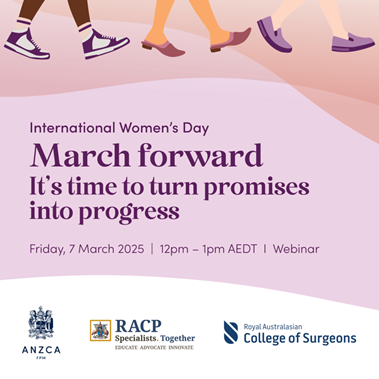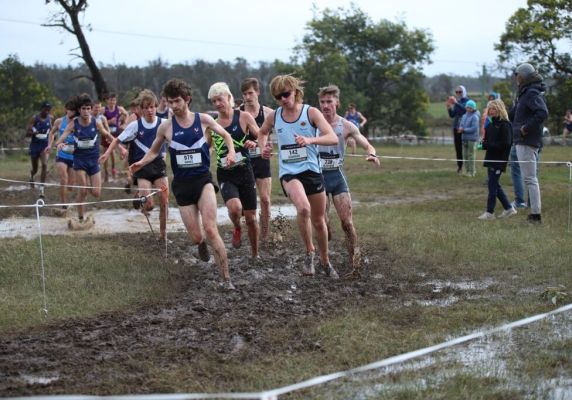In a landmark commitment, Tyre Stewardship Australia Limited (TSA) is pleased to announce that major OTR tyre importers Bearcat, Bridgestone Mining Solutions, Goodyear, Kal Tire, Michelin and Yokohama have committed to joining the voluntary Tyre Product Stewardship Scheme (the Scheme) from January 2022.
About 140,000 tonnes of OTR tyres are sold into the Australian market each year to industries including mining, agriculture, manufacturing, construction and aviation. Regrettably, less than 15 percent of end-of-life tyres within this sector are recovered as a resource, with the majority ending up buried on site, dumped or in landfill.
These leading tyre importers have agreed to contribute financially to the Scheme and help find sustainable outcomes for OTR tyres that have reached their end-of-life in Australia.
“We are delighted Bearcat, Bridgestone Mining Solutions, Goodyear, Kal Tire, Michelin and Yokohama have committed to contribute to the Scheme commencing January 1, 2022,” said TSA CEO Lina Goodman.
“Tyre importers who join the Scheme are helping drive solutions. The future for the OTR tyre sector is looking brighter thanks to the efforts of Bearcat, Bridgestone Mining Solutions, Goodyear, Kal Tire, Michelin and Yokohama. We applaud them and encourage other tyre importers to follow their lead.”
The Hon. Trevor Evans MP, Assistant Minister for Waste Reduction and Environmental Management, recently met and personally commended each tyre importer committed to participating in the Scheme from January 2022. The Assistant Minister will continue to work with TSA to monitor the progress of all OTR tyre importers.
“A few organisations including Tyremax, Tyres4U, Trelleborg, Australian Tyre Traders, Titan, and Tradefaire have not yet committed to joining the Scheme from January 2022. These organisations distribute tyres for brands including BKT, Maxam, Nexen Tire and more into the Australian market,” continued Ms Goodman.
“TSA encourages their participation in the Scheme and welcomes the opportunity to continue working with these organisations.”
The Scheme levy is based on $0.25 per equivalent passenger unit, which results in the final levy across the OTR tyres starting at $0.75 for a small agriculture tyre to $50 for a large earth moving mining tyre – making the levy contribution one of the lowest in the world.
“It’s time to stop shirking responsibility, creating excuses and shifting the goal posts,” Goodman declared.
“Every year that we don’t find sustainable outcomes for OTR tyres is a lost opportunity to better recover the valuable resources they contain. The social and environmental harm is likely to be felt for generations.
“Tyre importers who have agreed to contribute financially as part of the Scheme have read community sentiment and contribution to the Scheme is the first step to acknowledging onsite burial of end-of-life tyres is increasingly unacceptable – and unsustainable.
“Bridgestone, Goodyear, Michelin and Yokohama already contribute to the Scheme through a levy on passenger, truck and bus tyres.
“That levy has been instrumental in helping TSA contribute $7 million to develop new local markets for tyre-derived products. And the results have been remarkable: the passenger, bus and truck tyre sector now has a recovery rate of around 90 per cent.
“The time is right to shift our focus to the OTR sector. We want to generate the same level of interest, support and sustainable outcomes we have seen in the passenger, bus and truck sector.”
Ms Goodman acknowledged the current lack of large scale viable recycling solutions in Australia for mining and agriculture tyres – coupled with the tyranny of distance and complex logistics requirements to move larger tyres – has been a major impediment for this sector to advance recovery rates.
Ms Goodman warned there was no ‘quick fix’ to the OTR problem: “Creating viable, sustainable solutions needs engagement across the OTR value chain.”
With almost 400 mines operating around Australia, mining alone consumes on average almost 85,000 tonnes of OTR tyres every year.
“Today’s announcement is good news for mining companies in Australia. This levy will be focused on finding real world solutions for end-of-life tyres across all the OTR sectors including mining,” Goodman explained.
“This problem exists on a global scale and the Australian mining, construction and agriculture sectors now have the opportunity to assist Australia be world leaders when it comes to recovery of the OTR tyres and related products.
“It is estimated over 90 percent of mining end-of-life OTR are buried ‘in-pit’ at mining sites. While this is at zero or low cost to companies – and is legal with the appropriate state-based Environment Protection Authority licence – it is delaying the cost of resource recovery and passing it on to future generations.
“Changing on-site mining behaviour away from burying or stockpiling OTR tyres may be the single greatest catalyst to advance resource recovery across all OTR sectors. This, in turn, will encourage investments in processing equipment, technologies and market development. TSA intends to work with this sector to provide them the necessary support required to advance recovery rates.”
TSA intends to use this opportunity to:
understand the existing risks and barriers to improve sustainable outcomes to end-of-life OTR tyres and how these can be overcome
build upon research to develop an industry strategy for mining tyre recovery
explore market opportunities for OTR tyre and related rubber products to entice greater collection, recycling and investment
run pilots and demonstrations to better roadmap potential solutions
investigate and identify regional areas with needs for additional recovery infrastructure, to support industry to make commercial decisions.
TSA is a voluntary national product stewardship scheme formed to effectively reduce the environmental, health and safety impacts of end-of-life tyres and promote the development of viable end markets for tyre-derived products.
Since its inception, TSA has committed almost $7 million in market development initiatives to find real world outcomes for tyre derived products.








